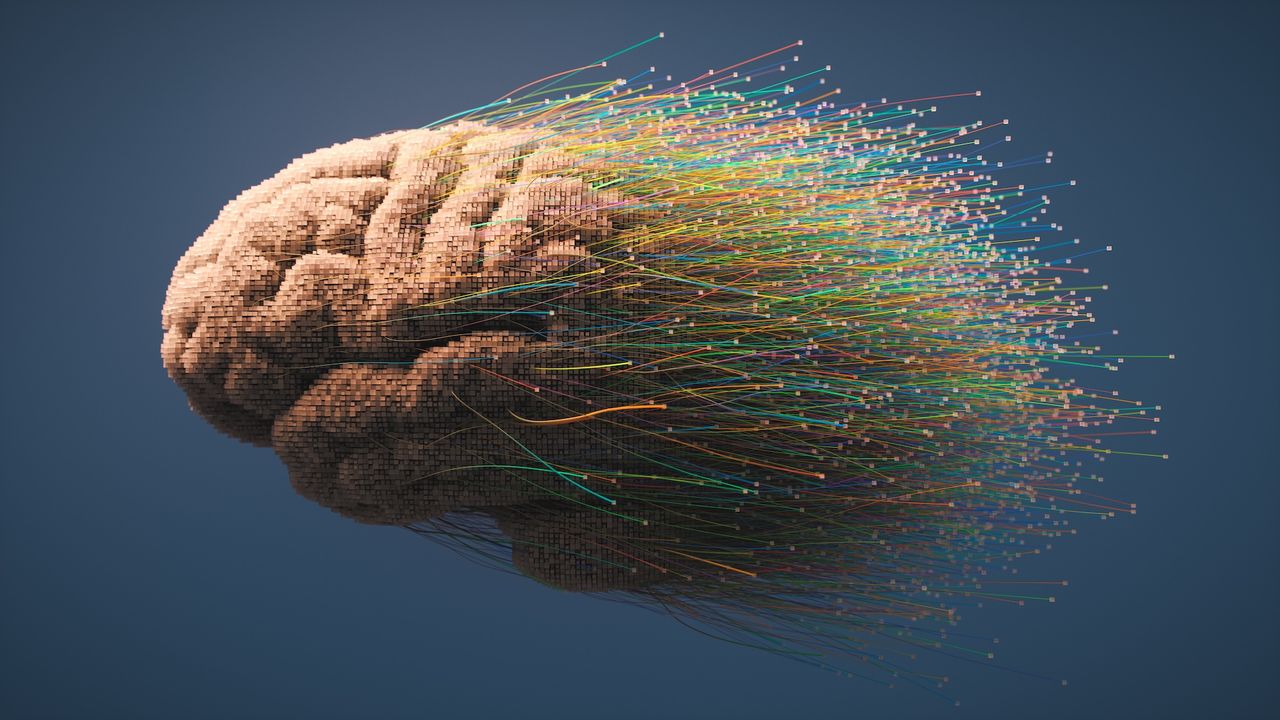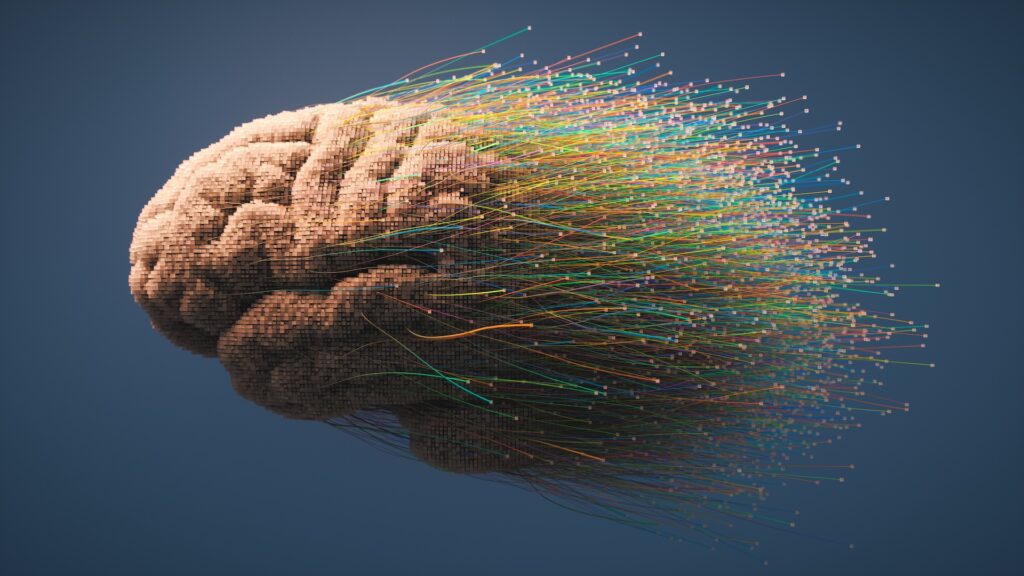
Memories of places “drift” across the brain as they are carried by different sets of neurons over time, a new study in mice suggests.
Historically, neuroscientists thought that memories of locations and features of our immediate environment were encoded by specific “place cells.” These place cells, located in a key memory center called the hippocampus, light up when a mammal enters the specific environment they correspond to — say, the door to a home or a waterfall on a hiking trail. It was thought that the activation of these place cells acted as a kind of map in the brain by encoding lasting memories of specific places as well as enabling navigation.
“Going back to the 1960s and 1970s, we basically thought that [spatial] memories were encoded by specific neurons in the brain,” said senior study author Daniel Dombeck, a professor and principal investigator of neurobiology at Northwestern University. “That was the thought for probably 30, 40 years — until about 10 years ago.”
In 2013, a paper in the journal Nature Neuroscience stirred some controversy and “blew everyone’s mind,” Dombeck said. The study employed newer techniques to probe cells in the mouse hippocampus, revealing that the brain’s representation of places wasn’t nearly as consistent as once thought. Some cells consistently reactivated when mice were returned to a maze again and again, but overall, the group of active neurons fluctuated. Rather than being a static “mental map,” these spatial representations changed over the weeks-long experiment.
This phenomenon came to be known as “hippocampal representational drift,” but the idea met some pushback. Some scientists wondered whether the shifts in brain activity were actually related to changes in the mice’s environments — perhaps the smells or sounds in the maze differed between rounds of the experiment, or the rodents moved through the maze more slowly or quickly in a given round.
In their new study, published Wednesday (July 23) in the journal Nature, Dombeck and his team set out to control those unruly variables, and they did so using virtual reality and a tiny treadmill.
Related: Can your brain run out of memory?
In each round of the experiment, the mice were placed on a treadmill surrounded by screens. Akin to a video game controller, the treadmill acted as a conduit for the mice to explore a virtual maze, which was exactly the same every time. The team could then directly compare the trials where the mice ran the same speed, thus eliminating that variability.
Additionally, a cone was placed over each rodent’s nose to pump in the same scent during every round, and white noise was played in the background to normalize the auditory landscape.
As the mice navigated the virtual maze, the researchers monitored the activity of their hippocampal cells in real time. They did this by opening a physical window into the brain and introducing a substance that glowed when brain cells were activated. They could then monitor this glow under a microscope. This setup doesn’t limit the longevity of the lab mice, so they could run the experiment again and again over the course of the study, Dombeck noted.
By controlling the environment so tightly, “I was sure we were going to reduce this representational drift,” he told Live Science. “I was sure that the memory was going to look more stable over days — and that’s not what we found.”
The team observed that only a small subset of cells — around 5% to 10% of those recorded — behaved like conventional place cells, lighting up consistently in each round. These stable cells were also the most excitable overall, meaning they were more likely to fire in response to a stimulus. In fact, the team could predict which cells were least likely to drift based on their level of excitability. Meanwhile, the less-excitable cells were much more prone to drift.
So why does this drift occur? “It might be a mechanism that the brain uses to separate highly similar experiences into discrete individual memories so that we could access them separately later,” Dombeck suggested. So although you might return to a place repeatedly — work, school or a favorite park — you can nonetheless distinguish the different visits in your mind.
In other words, the drift may be a way for the brain to track the passage of time, he said.
Dombeck suspects this type of drift affects episodic memories, in general, which are about specific personal experiences that took place at particular locations and times. Other types of memory — such as motor memories, about learned movement skills — may be represented differently in the brain.
The study had a few limitations. For one, the brain-recording approach used in the study captured only a fraction of the cells in the mouse hippocampus — maybe 1% of its hundreds of thousands of neurons. But based on past studies, the team suspects similar processes are occurring across the hippocampus.
Additionally, research in mice isn’t guaranteed to apply to humans. But Dombeck said he would expect the processes observed in this mouse study to be “fairly similar” to those unfolding in the human hippocampus. Because cells of the hippocampus become less excitable with age, it could be that memory worsens with age in part because those few stable cells at the core of our memories lose excitability, Dombeck suggested.
“If we could somehow tweak the excitability of our neurons or maintain that excitability over time, we could probably maintain memory,” Dombeck speculated. But that idea will need to be backed up with further research.
